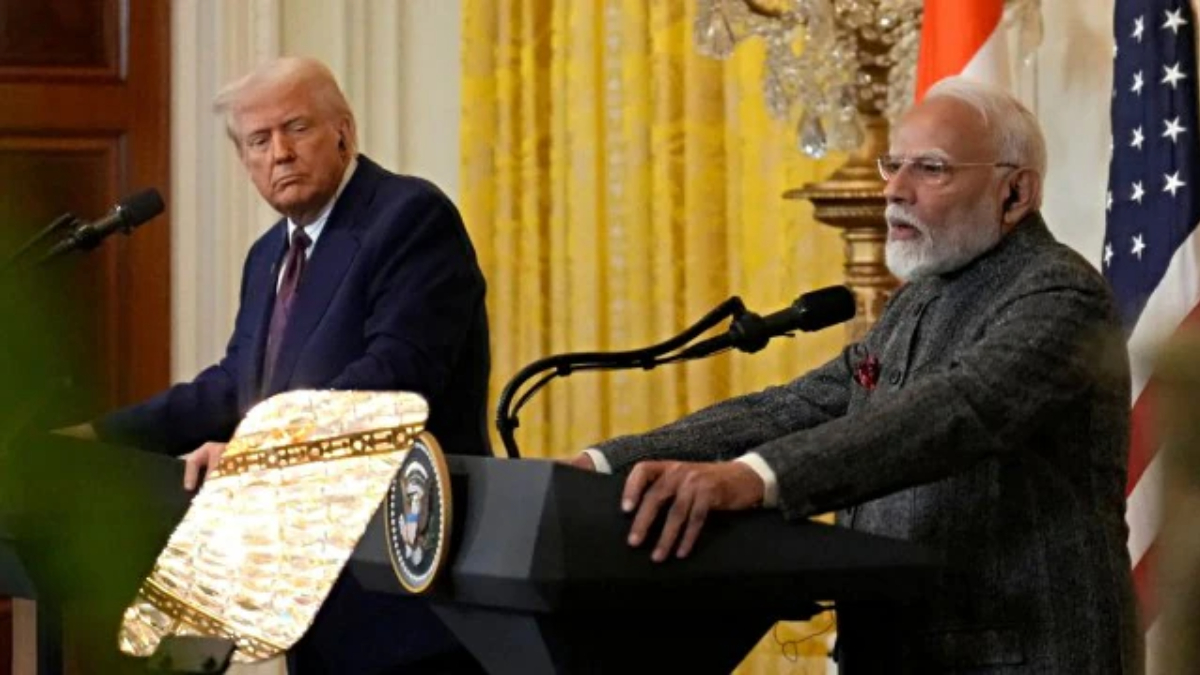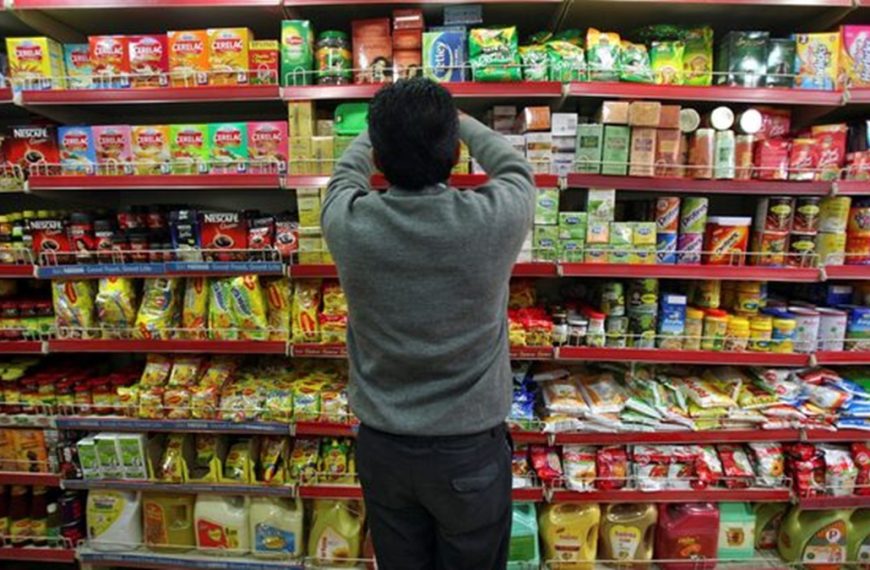In response to US President Donald Trump’s recent announcement of a 26% reciprocal tariff on imports from India, the Indian Ministry of Commerce and Industry is actively assessing the potential repercussions. This evaluation includes consultations with local businesses and exporters to understand the tariffs’ effects on the Indian economy.
Examining the Impact of Tariffs
The Ministry has made it clear that it is taking a comprehensive approach to analyze the implications stemming from the President’s announcement. A recent press release stated, “The Department of Commerce is diligently reviewing the various measures taken by the US President. With our goal of a Viksit Bharat in mind, we are engaging with stakeholders across the board, including Indian industries and exporters, to gather their assessments of the tariffs while exploring potential opportunities that may arise from this shift in US trade policy.”
- Key points from the Ministry’s statement:
- Detailed consultations with domestic industries.
- Assessing both the challenges and opportunities from US trade policy changes.
- Commitment to a mutually beneficial relationship with the US.
Strengthening Indo-US Trade Relations
Earlier this year, on February 13, Prime Minister Narendra Modi and President Trump unveiled ‘Mission 500’, an ambitious initiative aimed at boosting bilateral trade to $500 billion by 2030. In light of this goal, the Ministry confirmed that discussions are underway between trade teams from both nations, focusing on finalizing a multi-sectoral Bilateral Trade Agreement. This agreement seeks to address numerous areas of shared interest, including enhancing supply chain connections.
Despite the recent tariff increases, India remains dedicated to reinforcing its trade relationship with the United States. The commerce ministry emphasized, “India cherishes its Comprehensive Global Strategic Partnership with the US and is committed to collaborating closely to realize the COMPACT initiative, aimed at accelerating commerce and technology for the benefit of both nations.”
Previous Tariff Adjustments
In an effort to appease the Trump administration, India has already made several concessions. In February, the country announced reductions in tariffs on motorcycles and bourbon whiskey. The basic customs duty for fully built-up (CBU) motorcycles was decreased from 50% to 40% for engines up to 1600cc, and from 50% to 30% for larger engines. Additionally, import duties on bourbon whiskey were lowered to 100% under a specific exemption, and the government proposed eliminating a 6% equalization levy imposed on online advertisements.
Looking Ahead
As both nations navigate this complex trade landscape, the ongoing dialogue underscores India’s commitment to fostering a robust partnership with the US. This relationship is vital not only for economic growth but also for technological advancements and military collaboration. The ultimate goal remains clear: to ensure that trade ties serve as a cornerstone for mutual prosperity and transformative change for citizens in both India and the United States.
For further insights on the impacts of international trade policies, explore our articles on global trade relations and economic strategies.











